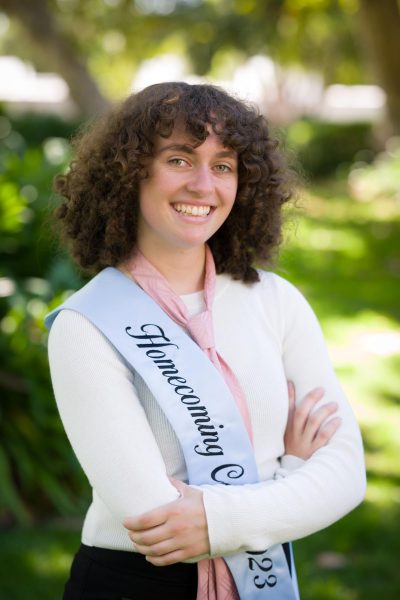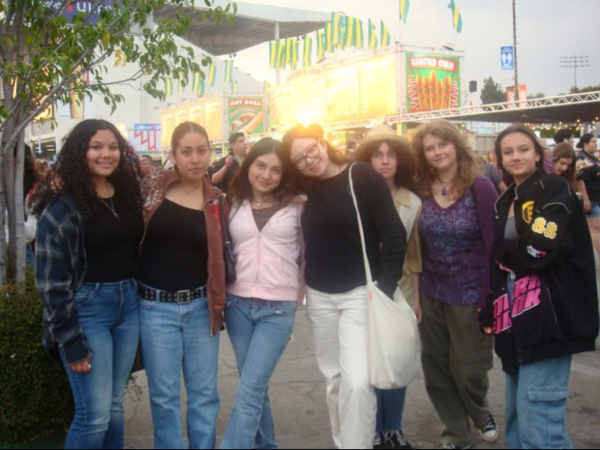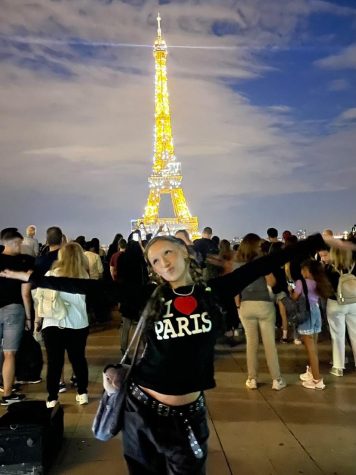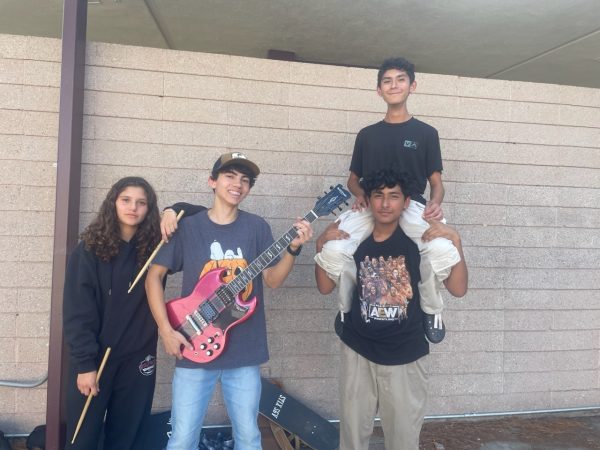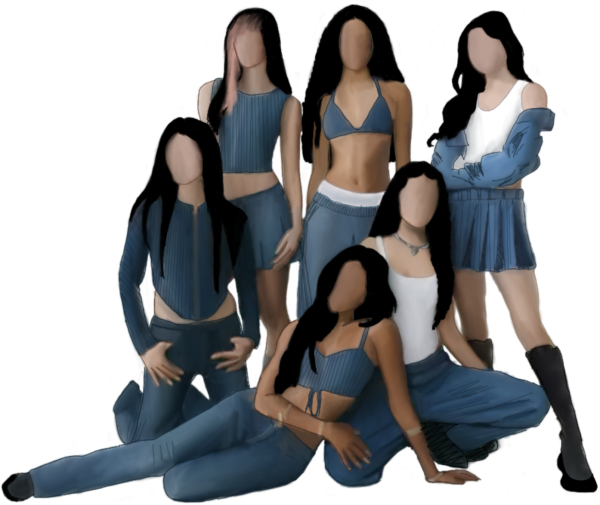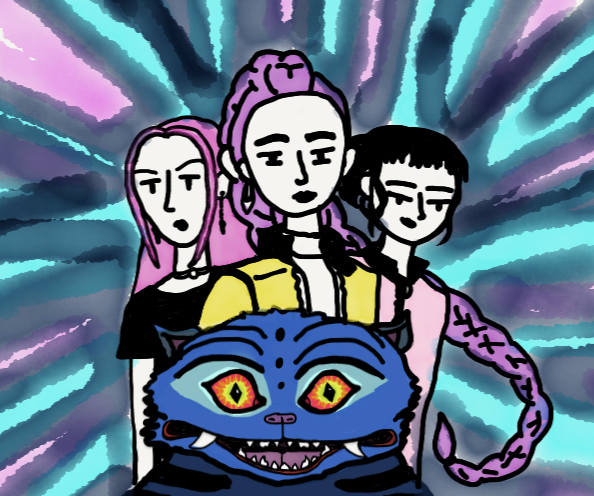Everything wrong with YA books and teen movies
Whether it is rebelling against the oppressive government or attending prom with their love interest, the teen protagonist always wins in the end. The protagonist’s company usually consists of a one-dimensional quirky friend and two good-looking love interests vying for their attention. At one point or another, the main character realizes their beauty within and that love conquers all evil.
Be it fantasy, dystopian, or “realistic” fiction, the Young Adult (YA) genre has become a joke amongst the teenage population. The category once hailed for embracing contemporary realism has become comfort reads for white middle-aged women. Less than half of the reader demographic is actually adolescents, probably because many of these fictional works stray too far from reality to be truly appealing.
CHS junior Natalia Escobar is one of many YA readers who are disappointed by how predictable and poorly written these books tend to be.
“I understand that YA novels would like to appeal to a younger audience, and mostly girls,” Escobar said. “But just because it’s cutesy, it’s romance, and it’s corny, doesn’t mean that it can’t be an actually good storyline – or actual good writing. I feel like sometimes [authors] don’t put as much effort into the writing because it’s for young girls…and I don’t appreciate that.”
An unfortunate majority of young adult works are swarmed with cliched character tropes and romance themes, from the brooding love interest to the “quirky” protagonist. To appeal to the average adolescent, YA books are consumed by teenage angst and love triangles, as well as an overemphasis on political correctness and inclusivity. Authors and publishing companies seem to paint over a generic plot formula with a setting appropriate to the marketed genre while recasting characters with different, but just as shallow, objectives. These recurrences reduce authenticity and detract from the main plot, making YA more formulaic than ever.
Unfortunately, the same can be said for teen movies — a title that is possibly the greatest misnomer in the world of cinema. These films feature 30-year-old actors cosplaying as high schoolers: slinging Jansport backpacks in colorful classrooms, playing sports on the green vastness of their school campus, making out at parties, playing beer pong in mansions, and talking “slang” to their equally aged costars. These supposed high schoolers do not stress about AP test prep or passing their finals; instead, they struggle with teen pregnancy, unrequited love, gender/sexual identity, or clique conformity. While these are real and painful struggles, the entertainment industry has overused these themes to a point where American and international audiences believe these are typical teen tribulations in the U.S. CHS freshmen Emma DeWees and Lily Rienstra express their annoyance at the predictability and absurdity of teen movies.
“It’s like the same formula,” DeWees said. “It’s also super unrealistic how these characters, who have nothing going for them, get into a bunch of amazing colleges like Yale or Harvard.”
“All these movies are basically the same thing, maybe different characters and personalities but that’s it,” Rienstra said. “Compare their lives to normal teenagers’ lives…it’s so different.”
Instead of looking into actual teen culture, scriptwriters, directors, and YA authors play it safe by drawing references and repeating tropes from previous blockbusters that are no longer relevant. Since very few works reflect reality, these books and movies continue to be inaccurate portrayals of teen lives.
It is 2023, and the world is calling for diversity. Teenagers are fed up with love triangles and the same old tropes. They are tired of being portrayed by actors twice their age, as characters who act high and scroll social media all day. To all the YA authors and teen movie producers out there, structural innovation and fact-checking would be greatly appreciated.
Hello there! Our goal is to provide relavent, engaging journalism for readers of all ages. Your donation will support the student journalists of the Wolfpacket at Claremont High School, and will allow us to purchase equipment, print our monthly issues, and enter in journalism competitions. We appreciate your consideration!
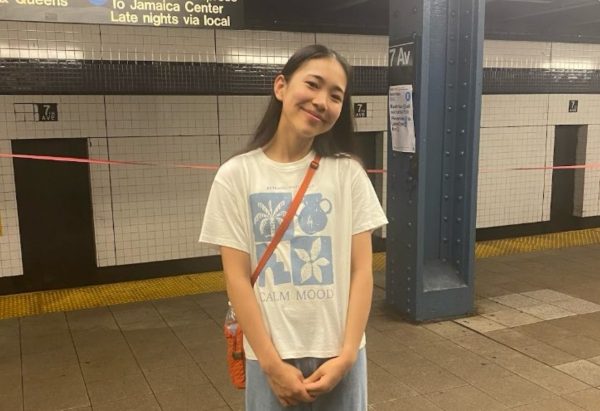
Enya Wang is (at long last) a senior at CHS and a Head News Editor on the Wolfpacket. She didn’t realize the chaos she signed up for as a freshman Reporter,...



